Increasing tourism to Nottingham
AWW:
Getting back to the perception of Nottingham, do you find it's a problem that...
LU:
It would be a problem in this way. What we need to do is to get Nottingham on the map and firmly based on the map as far as American tourists are concerned. That's going to be helped by the UK tourism industry focusing in on Nottingham this year because of the film. That will help get across the fact that we are real. We are a city worth visiting. To actually get people to think about coming here when they come to London if they've got a spare day. It could be a real pull in and of itself. And to do that, we've got to do a great deal more than a statue at the bottom of the castle. And the castle itself [the only medieval element of the "castle" left is the gatehouse], which we can't do anything about because of English heritage and you'd need a Parliamentary act. And that's not going to get support - not in the next few years anyway because we are going to be in a lean, mean time politically.
AWW:
One of the weird things was The Tales of Robin Hood closing at the beginning of last year. At the time, that was the only specific, strongly branded Robin Hood thing in the city. [Since then, many of its costumes and props have been on display at the Galleries of Justice.]
LU:
You do know we are under negotiations with that re-opening.
AWW:
I had heard that there was a private enterprise working on that one as well.
LU:
At the end of the day, there needs to be a mixture of what city council can do and what private enterprise can do. Together, I'm sure we could come up with something that would be absolutely amazing. The kind of thing we're actually looking at the moment is to get the Tales of Robin Hood back but improved. Because the ride was good, but it had been around for a wee bit and it needs an overhaul and a bit more of an injection of thought behind it. And while that's ticking along quite nicely we need to build a huge attraction-cum-venue or whatever it is that we finally decide that will actually produce real dividends. And we're talking about mega-bucks on that one.
AWW:
I saw that there's a long-term schedule going up to 2018 and the bid for the FIFA World Cup.
LU:
Yes, that's in parallel with what we intend to do with Robin Hood. So when people come here for the World Cup, they can see something that's well worth seeing.
AWW:
Why do you think, up until now, there have been so few Robin Hood things in Nottingham? It seems such an obvious worldwide brand.
LU:
Let's be honest about this, Nottingham didn't need tourism or never even thought of tourism up until 30 years ago. Most cities in Britain didn't. The tourism industry was very much London, York, Winchester and Canterbury - those kind of areas really. Nottingham still is a thriving city, but it now has an angle to it that sees tourism is a huge potential. The hoteliers are waking up to it. And now people are quite rightfully saying you've missed your greatest asset for so long, why don't you do something about it? I think it's just been so blindingly obvious that nobody actually picked up on it. There's also been another side of it. People say Nottingham's a great deal more than a legendary character. We've got characters like Byron, D.H. Lawrence, we have the birth of the Salvation Army created in Nottingham by William Booth. There's so much more. But the huge puller is Robin Hood, and let's concentrate on that so when they come to Nottingham, they can find out a great deal more than Robin Hood. And of course, there's the start of the [English] Civil War.
AWW:
I remember there being some very nice bits of Civil War history around Nottingham even in one of the pubs, the Salutation Inn, with its Charles and Cromwell rooms.
LU:
Yes, we need to do more with that as well. Nottingham is where the standard was raised - the flag - to say all us hail to the king. Kind of ironic, of course, because the first thing we did was actually to get on the Roundhead [Parliament's] side which wouldn't have made the king very happy. Nottingham's got an amazing amount of history. But at the end of the day, you've got to focus. Get people here for Robin Hood and you can get them here for other reasons. Because thinking you can get them here for other reasons has worked to a certain extent, but it hasn't been the whole picture.
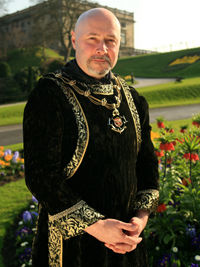
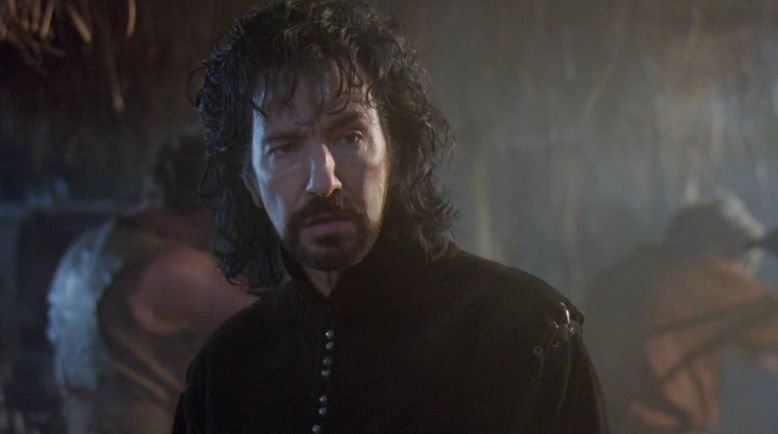
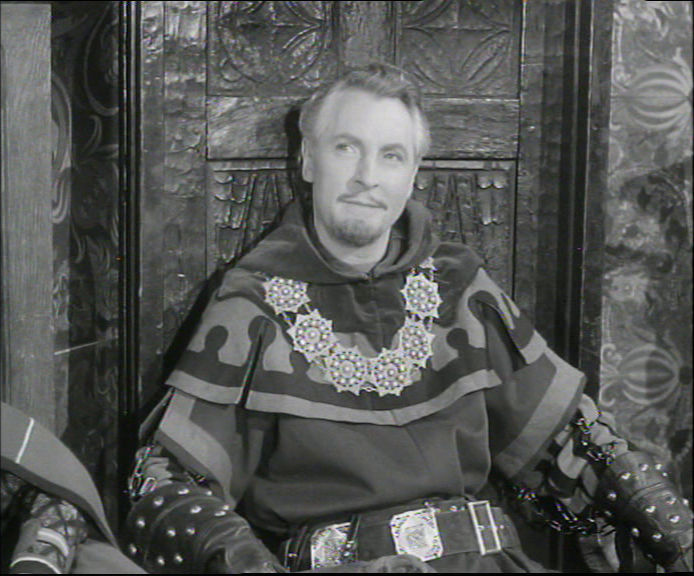
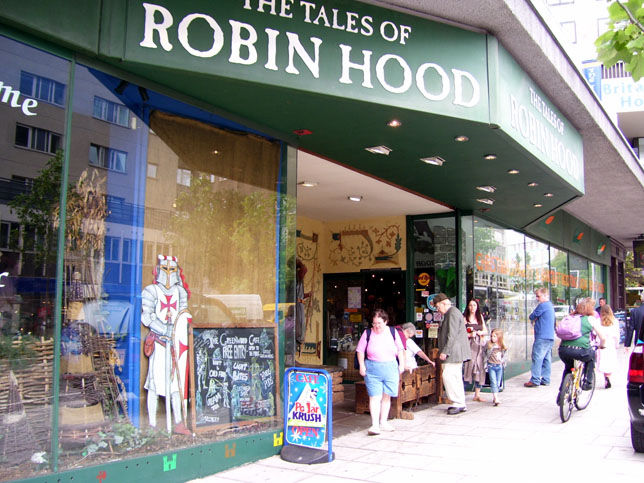
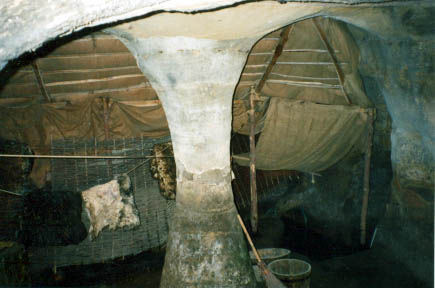
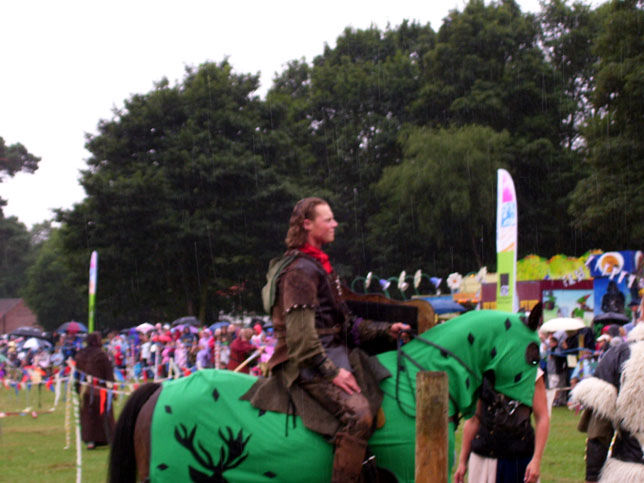
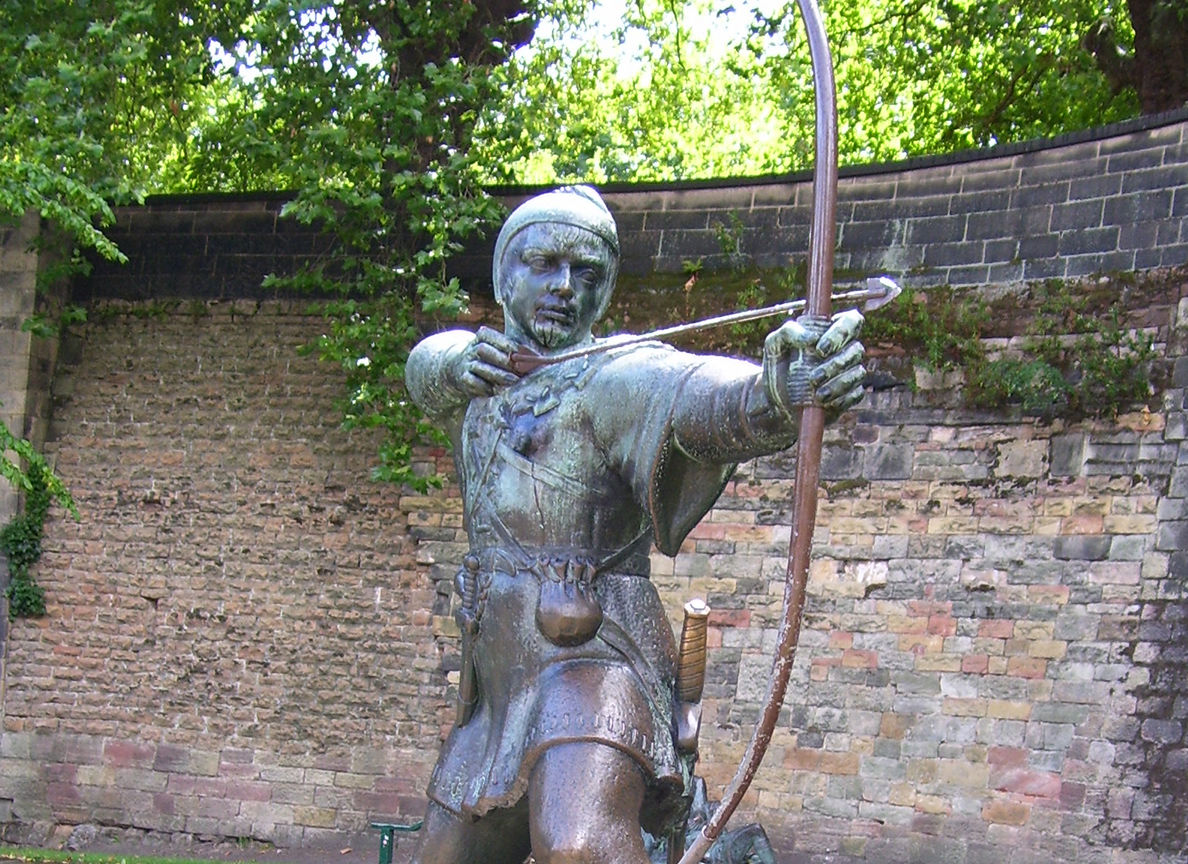
Contact Us